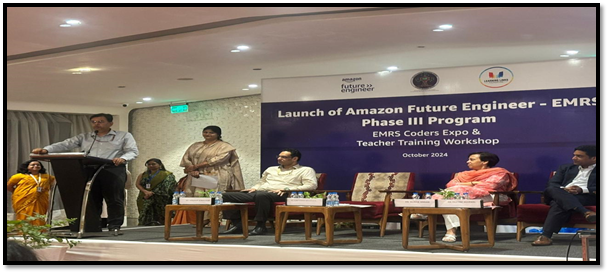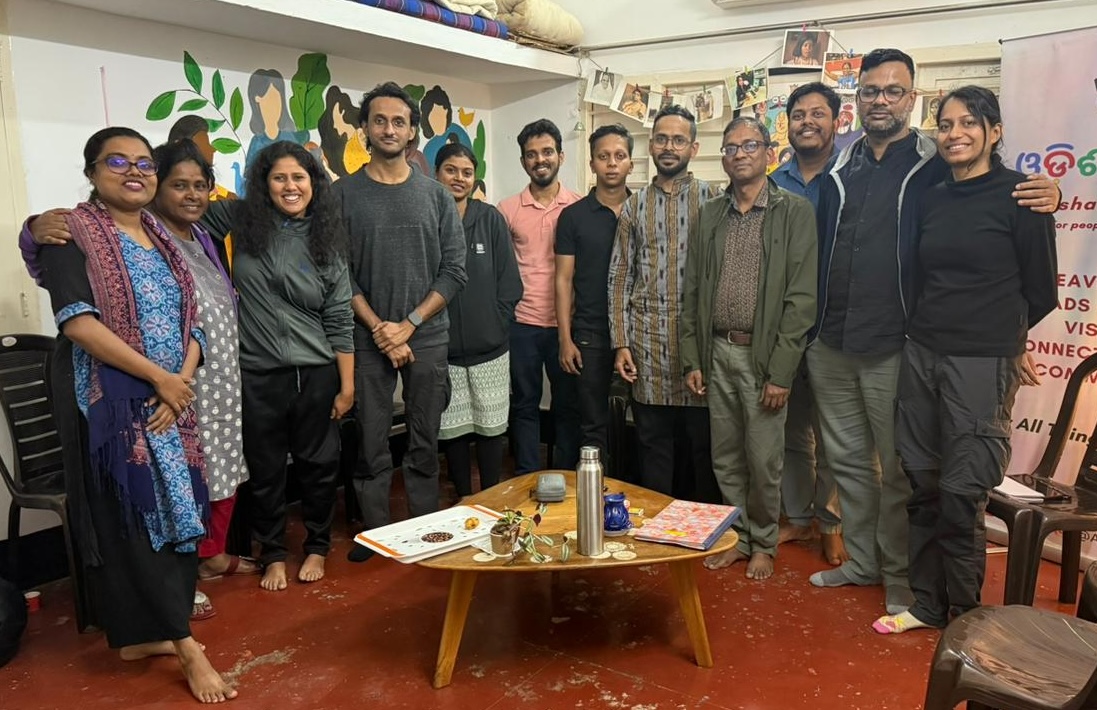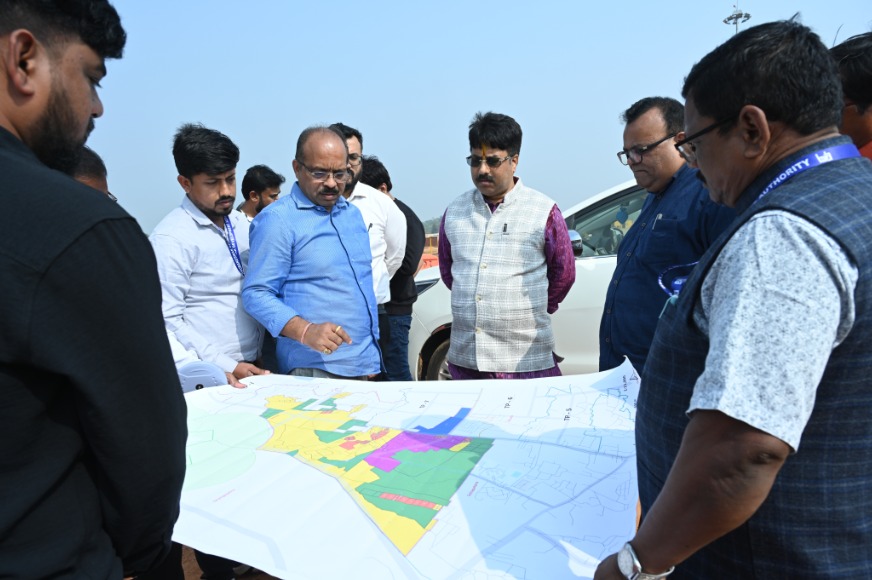New Delhi: The National Education Society for Tribal Students (NESTS) has officially launched the third phase of the ‘Amazon Future Engineer Program’ in 50 Eklavya Model Residential Schools (EMRS) across Andhra Pradesh, Gujarat, Karnataka, Madhya Pradesh, Odisha, Telangana, and Tripura. This new phase aims to introduce students to emerging technologies, including blockchain, artificial intelligence, coding, and block programming.
The launch event also featured the inauguration of a four-day in-person teachers’ training workshop and the EMRS Coders Expo, which showcased the top 20 coding projects developed by EMRS students during the previous academic year. The Commissioner of NESTS, Shri Ajeet Kumar Srivastava, led the ceremonies in New Delhi.
During his address, Commissioner Srivastava emphasized the critical role of empowering tribal educators with the necessary skills to teach these advanced subjects. He highlighted the importance of integrating technology into education to prepare students for future opportunities. Additionally, he recognized the creativity and innovation of students by felicitating the top three student coding projects, as well as the top three IT teachers for their dedication and guidance throughout the year.
The third phase of the Amazon Future Engineer Program is set to be implemented across 410 proposed EMRSs in India. Having run successfully for two years, the program has already introduced over 7,000 students in grades 6 to 8 to the fundamentals of computer science and block programming, with more than 50 teachers receiving training in the earlier phases. This new phase will expand the curriculum to include blockchain, artificial intelligence, and coding for students in grades 6 to 9. Additionally, project-based virtual sessions will be available for class 10 students, aligning with the CBSE AI Skills Curriculum.
NESTS is committed to fostering technological literacy and modernizing education for tribal students nationwide. Through these capacity-building initiatives, the organization aims to equip tribal students with the skills needed for future careers in STEM fields, contributing to India’s technological advancement and ensuring inclusivity in the digital age.





